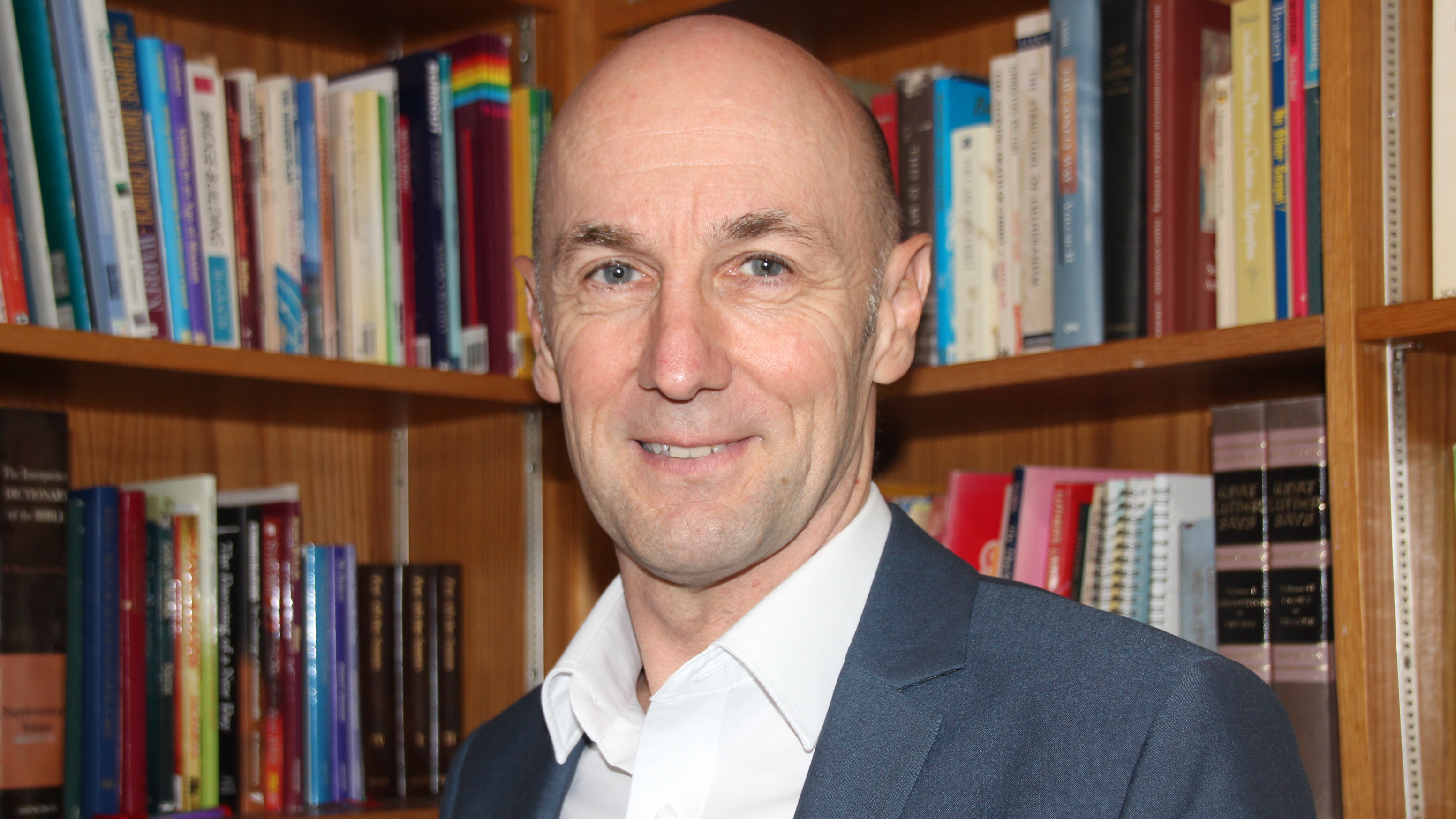Freedom of Speech
Freedom of speech has been in the news a lot lately, with one high-profile case likely to be played out in the highest courts of our land.
We all want freedom of speech, but in the same breath, we don’t want to be offended by other people’s speech, and we all take offence very quickly these days. Calls to curtail free speech are getting louder in some circles, curiously by some of the same people who do not see it as a problem to vilify anyone they disagree with!
As Christians, we value the right to speak our faith; in fact, it is imperative that we do this as disciples of Jesus Christ. To speak of Jesus, who he is, what he means to us and to share his words and life and love with people in private and in public, verbally and electronically, is a freedom we have enjoyed in this country, but can’t take for granted anymore. We would want that right protected and defended, not just for ourselves, but for people of other faiths and no faith as well.
The time may well be coming, if it isn’t already here, when we may be challenged and sanctioned if we do just that.
Christians by nature have freedom of speech. Not because the world grants it to us, but because Christ has set us free in all sorts of ways including our speaking, and especially our speaking about him.
After being hauled before the authorities, Peter and John said “we cannot help speaking about what we have seen and heard” – Acts 4:20.
Motivated, empowered and controlled by the Holy Spirit, we speak, and we speak especially of what God has done for us in Christ. No one can ever stop us or silence us from doing that.
At times, that is going to offend people; people who disagree with us, people who do not want to hear us and people who are hell bent on silencing Christians and Christ himself.
At times, it will cost us in all sorts of ways, maybe one day including our freedom as citizens. Many Christians around the world already know and experience that, and we rightly pray for them.
Having said that, freedom of speech – like every form of freedom – comes with responsibility. Freedom is never absolute. We need to ensure that if people are offended by our speech, it is not because of the way we speak or because the law is drowning out the sound of the gospel in how we go about sharing our faith.
Earlier this year, I stood on the corner of Flinders St Station in Melbourne and a man jumped out at the waiting pedestrians with a megaphone, yelling at us that we were all going to hell, and why. It was only as I walked on that I heard the name of Jesus mentioned, only briefly. Even then, it was like he was selling fire insurance and scaring us into buying it.
I recalled St Paul’s words in Romans 2:4, “God’s kindness leads you towards repentance,” and I remembered Jesus saying in Matthew 4:17, “repent for the kingdom of heaven is near,” not ‘repent or go to hell.’ There is a difference.
As Lutherans, we are conscious of the need to speak both law and gospel, words of God that challenge, confront and – at times – offend all of us, but ultimately we want others to hear the good news of God’s love for sinful, broken people in Jesus Christ.
We cannot fudge speaking the harder word of God that none of us likes to hear, otherwise Christ died for nothing. On the other hand, we need to think sensitively about how, when and where we speak law and gospel into the lives of people around us. A pastor has that special privilege and challenge every Sunday when he preaches.
As carefully as we might think we have done that, some of you might still be offended by either the law or even the gospel! If I do err, I hope it will be the latter …
Freedom of speech doesn’t mean Christians have the right, nor is it helpful to those who hear us (especially in contemporary Australia), to preach the law with a megaphone while the gospel is hardly heard. We risk this either because the gospel has been drowned out, we have given the impression that particular sins and sinners are worse than others, or we haven’t thoughtfully diagnosed the situation we are speaking into.
Not only can we miss the mark, but we cause unnecessary and damaging offence, which means the gospel does not get a hearing at all. We need to remember that the catalogue of sins in some New Testament texts is not exhaustive, and does not exclude our own, nor set up a hierarchy of sins.
As some atheist commentators have observed looking at those texts (even though they do not believe it), “we are all in trouble!”
My encouragement to you is not to shy away from speaking your faith for fear of reaction, but to always consider and ask how you might hear and read your own words if you were standing in the shoes of someone listening to you.
Use the ‘freedom of speech’ that Christ has given you through his Spirit. Above all, use it to share the good news of Christ, who sets us free in all sorts of ways and from all sorts of sins. If your speech offends anyone, I trust it will be for speaking about how gracious God has been to you too. In fact, sometimes that can be the best place to start.
READ MORE STORIES ABOUT Bishop

